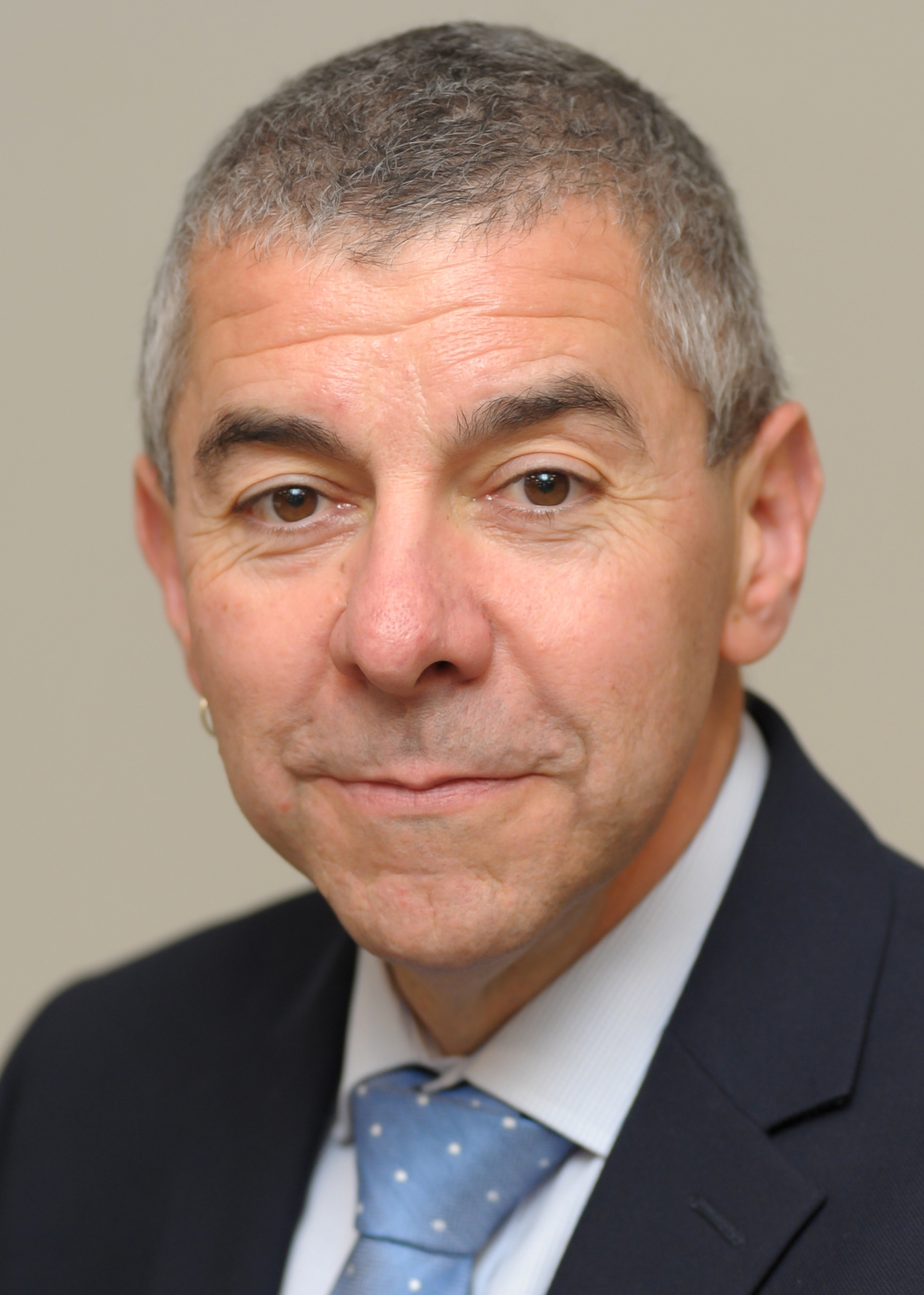Professor Bruno Frenguelli
Supervisor Details
Research Interests
The lab’s focus is on how a class of molecules known as the purines affect the brain and nervous system, and how they can be used to both diagnose brain disorders and as novel treatments. The most important purines are ATP – the energy source used by all cells, including brain cells, and adenosine – the “A” in ATP. When the brain faces high energy demand, eg during epileptic seizures, or a disruption in the supply of blood, such as during stroke, ATP is consumed, liberating adenosine, which switches off energy-demanding process. In doing so adenosine tries to preserve ATP levels and to protect the brain during these conditions. Importantly, the production of adenosine during these events in the brain results in the appearance of adenosine and its breakdown products in the blood stream. While this may be used to diagnose stroke and other brain injuries, this loss from the brain of these molecules denies the brain of the ability to re-make ATP from them. Part of the research effort in the lab is to try and restore the brain’s ability to make ATP through the provision of simple, safe and cheap ingredients already in use in humans. Another part of the effort is to work with a company, ZP, developing sensors to detect purine-based biomarkers for brain injury. An additional aspect of the lab’s purine research involves a novel molecule we have discovered that, like adenosine, has painkilling properties, but is devoid of the effects on the cardiovascular system and respiration. These side-effects have prevented development of such adenosine-based molecules as painkillers. We hope that this compound and its derivatives, which we have patented and licensed to a drug-testing company, will be of value in the development of new, non-opioid analgesics.
Scientific Inspiration
I watched a lot of science telly as a kid (eg Horizon, Connections, Cosmos, Life on Earth, Sky at Night, RoyaI Institution Xmas Lectures, The Body in Question, The Mind Machine), so I guess the presenters especially Carl Sagan (Cosmos), Colin Blakemore (The Mind Machine), Jonathan Miller (The Body in Question) and David Attenborough (Life on Earth) were major sources of inspiration.
MIBTP Project Details
Primary supervisor for:
Co-supervisor on a project with Dr Dave Uygun.
